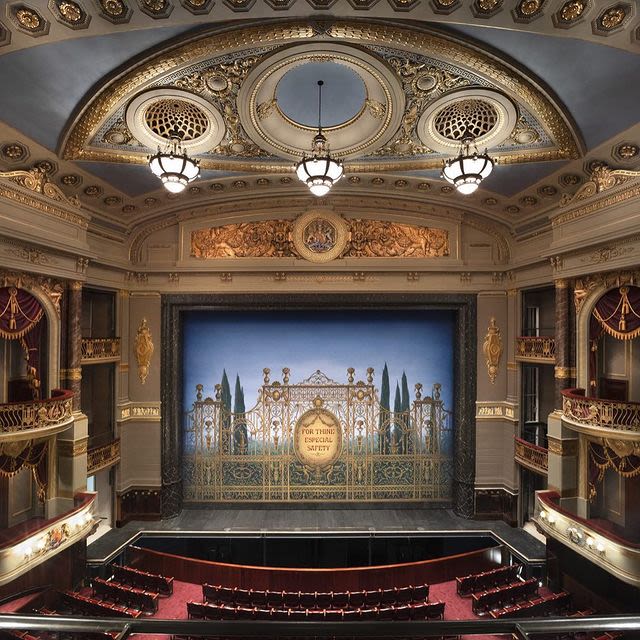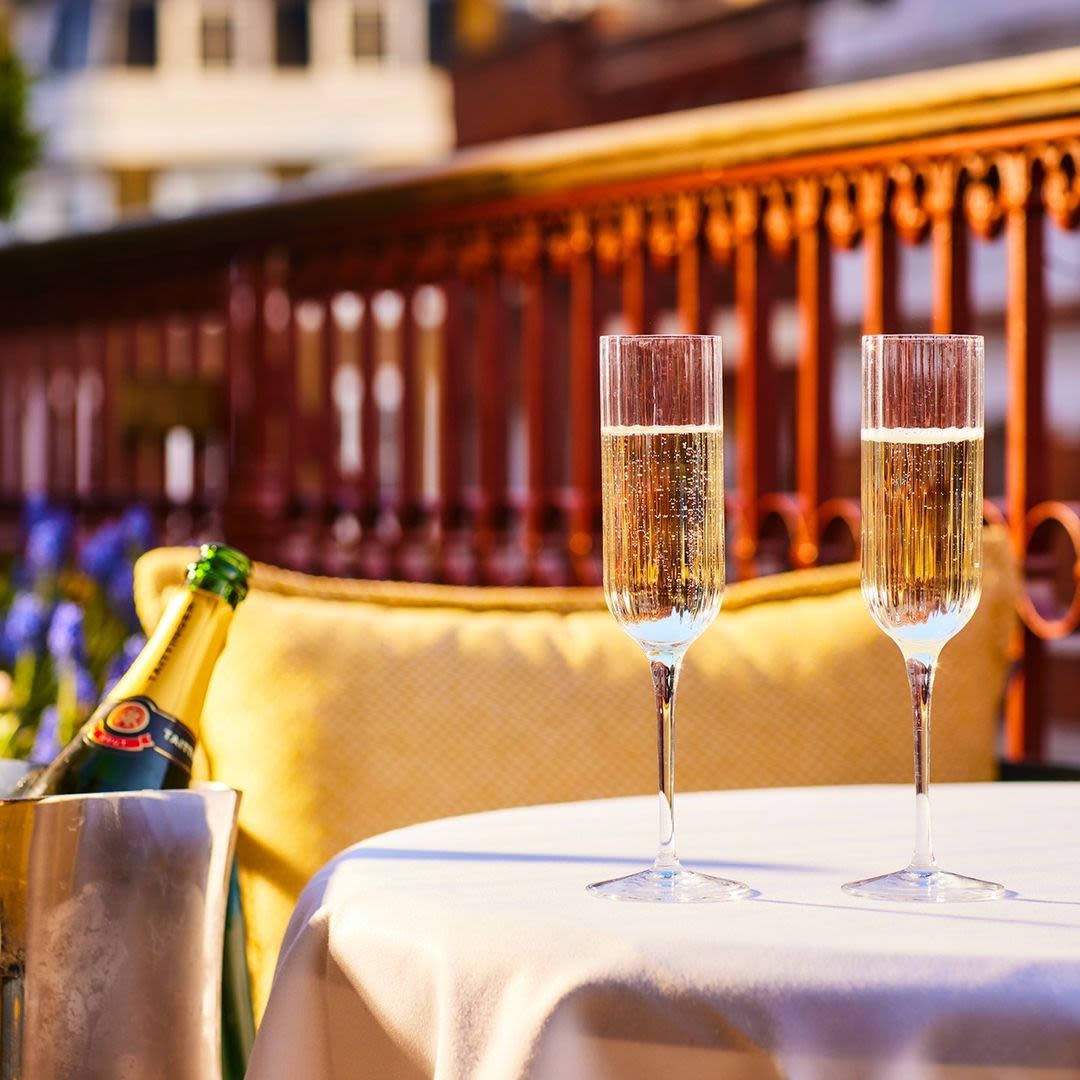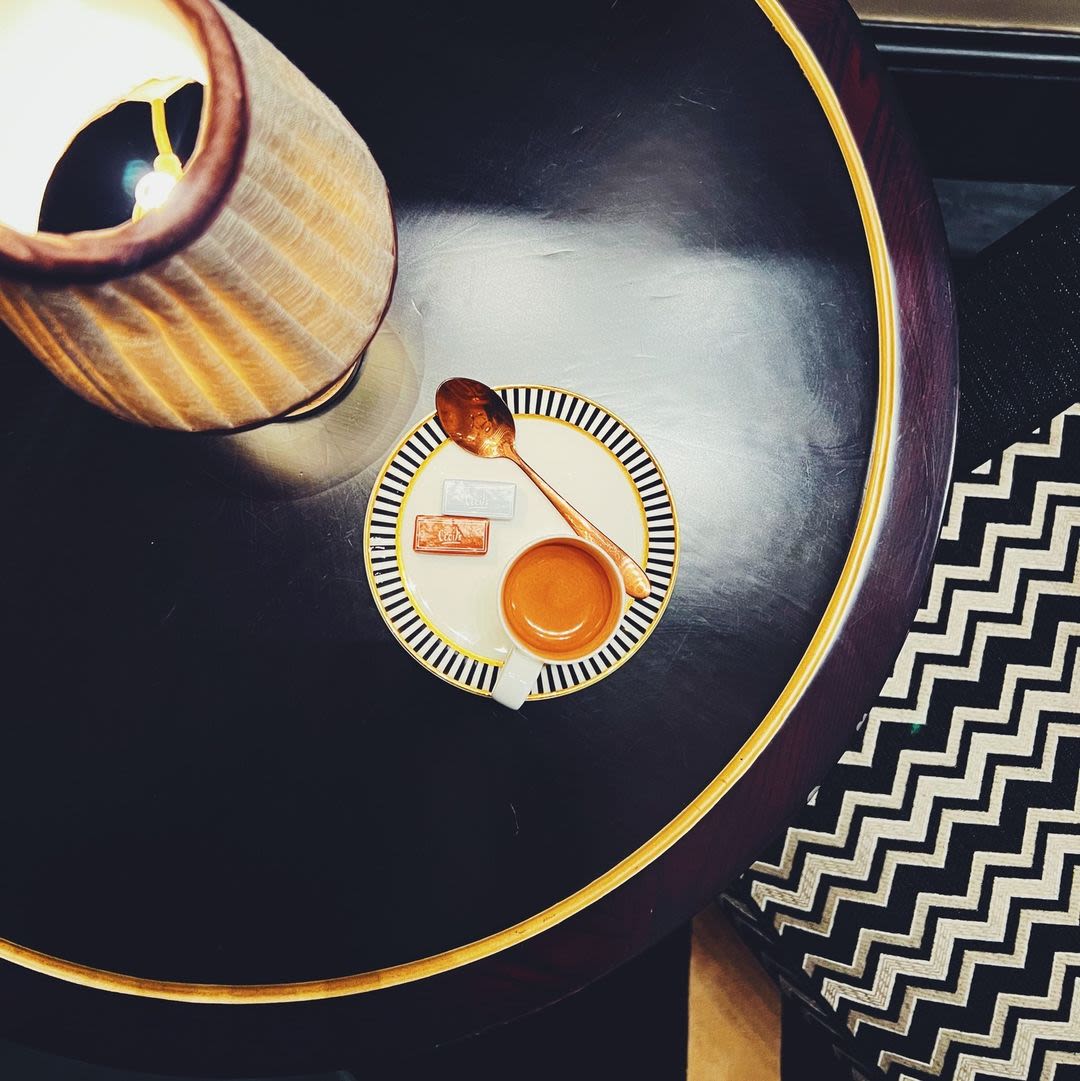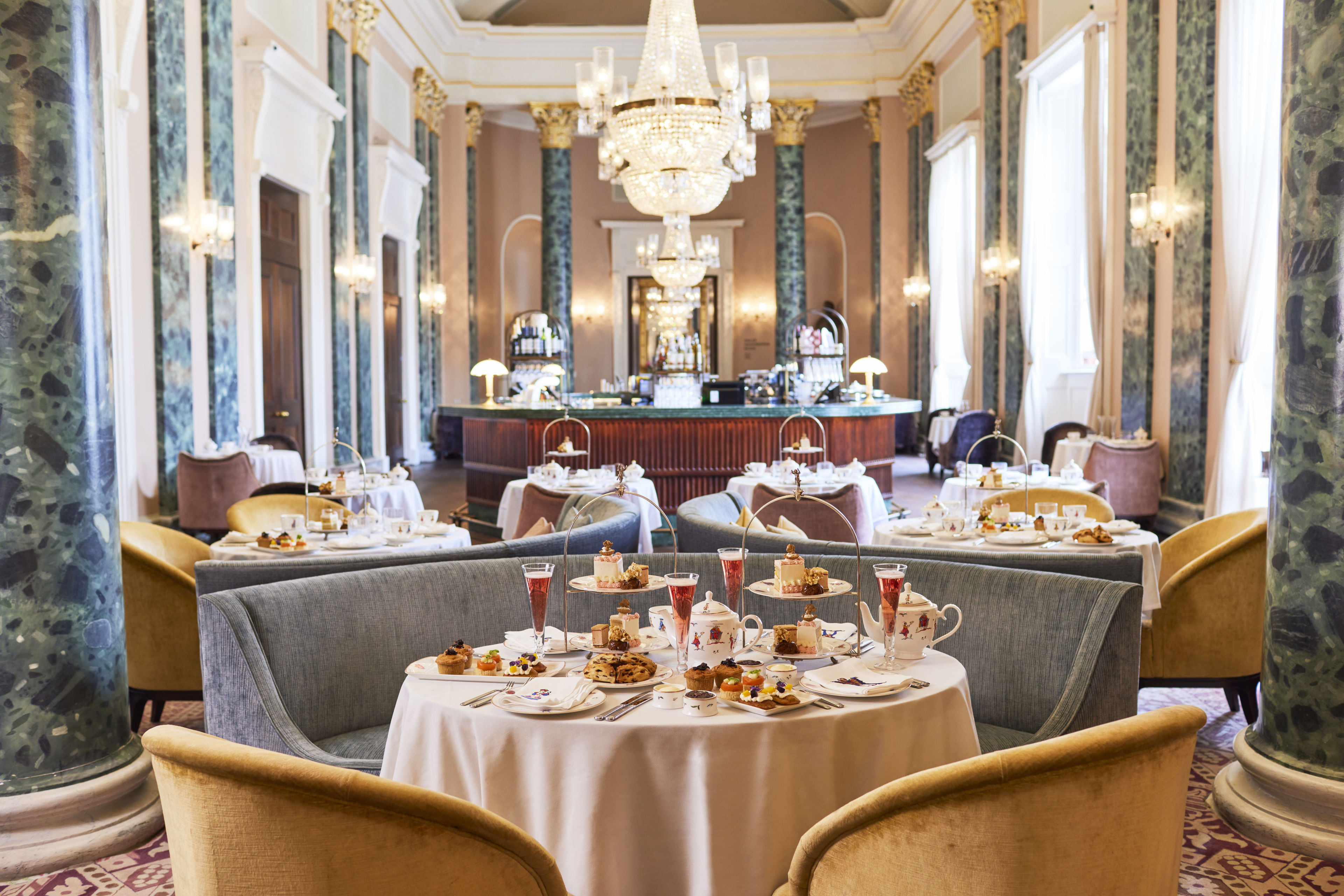Love at The Lane
Discover centuries of love on and off the stage
In its 359-year history, Drury Lane has spawned countless romances, scandals, illicit affairs and marriages. From orange-sellers to Kings and Princes, the lights have been raised on hundreds of love stories; some not even reaching the end of the first scene, whilst others continued blissfully until life’s final curtain.
In the 17th and 18th centuries, the chorus were not paid. During the performance, would stand at the front of the stage and chat up the rich people in the first rows with a view to being taken out to dinner after the performance. Many of these free meals led to affairs, both extra-marital and of the heart.
Status often becomes irrelevant in the theatre. Actors have fallen in love with usherettes, stagehands with actresses. But, of course, it is usually the high-profile relationships that hit the headlines. David Garrick, the father of modern theatre, shared his girlfriend with the actor, Charles Macklin; the three of them living very happily together in the 1740s.
Throughout the centuries, actors and actresses have achieved superstar status, and maybe it is this that has made them magnets for royalty. The first British actress, Margaret Hughes, who began acting in 1660, became the lover of Prince Rupert, bearing him a daughter and gambling away much of his fortune. And the Duke of Clarence (the younger son of King George III) fell in love with the actress Dorothy Jordan who bore him TEN children. Incredibly she had already given birth to four children by two other men.
But the romance that holds the brightest flame and, 350 years later, still famed throughout Britain, is that of King Charles II and Nell Gwyn. Nell’s mother owned the Bull Inn (now the Nell Gwyn Tavern). Nell was the hostess of the pub. Later, she became an orange-seller (the 17th century equivalent of usherettes) at Drury Lane, and it was here that the leading actor of the day, Charles Hart, took her under his wing and trained her to become one of the country’s leading comedic actresses.
Charles II, a frequent visitor to the theatre saw her onstage several times before finally succumbing to her delights as Nell, wearing breeches and a hat the size of a cartwheel, spoke the prologue in Dryden’s Almanzor and Almahide, leaving Charles convulsed with laughter. That night he carried her home in his coach and she became one of his thirteen mistresses. They were besotted with each other, but Nelly maintained her down-to-earth humour. Recalling that she’d already had affairs with Charles Hart and Lord Charles Buckhurst, she often referred to Charles II as her ‘Charles III’.
King Charles bought her a house on Pall Mall, also giving her a generous yearly allowance (she loved clothes and is generally considered to be the first fashion icon). It was here that she gave birth to two sons by him. Charles refused to give them titles so, one day, as he rode his horse past her house, she ran to the bedroom window, dangled the baby out, and shouted:
“Sire, unless you give this baby a title, I will drop it on it’s ‘ead!”
Charles looked up and said:
“Madam, do not drop the Duke of St Albans.”
And it was Nell who Charles thought of on his deathbed; his final words being, “Pray not let poor Nelly starve.”
Nell only outlived her King by two years, dying in 1687, aged just 37.
Anyone who ever saw them together were convinced of the genuine, deep love between them; a love that, like so many others, owed its inception to Theatre Royal Drury Lane.
Written by David Kerby-Kendall, tour writer and actor, as well as a playwright and much loved member of the LW Theatres family.
Loved this story? Discover more with one of our tours. Book here.
Love at first bite
Valentine's Day Afternoon Tea
Join us in the Grand Saloon for a romantic sitting of our famous afternoon tea, running from the 9th - 15th February, from £59
Make a reservation



